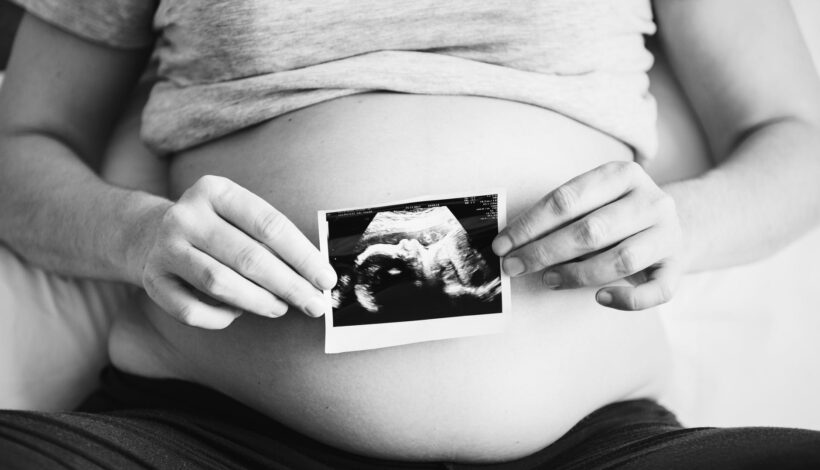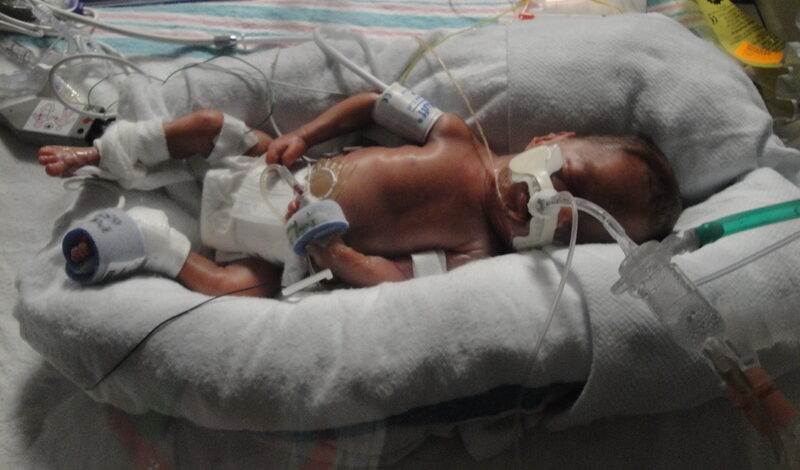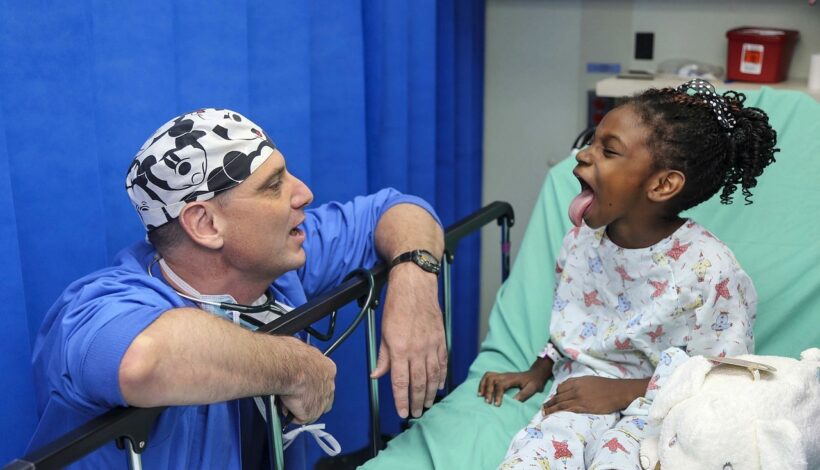In the words of Florence Nightingale:
“Nursing is an art: and if it is to be made an art, it requires as exclusive a devotion, as hard a preparation as any painter’s or sculptor’s work; for what is the having to do with dead canvas or dead marble, compared with having to do with the living body, the temple of God’s spirit? It is one of the Fine Arts; I had almost said, the finest of Fine Arts.”
In today’s world, many people do not respect nurses and the work that they do. There are many types of nurses in different fields. I personally have had the privilege of working as a nurse in medical-surgical units, labor and delivery, legal nursing, home care, case management, workman’s comp, and field nursing. The experiences that I gained in working in all of these different areas of nursing make me who I am today.
Through out the past month, these same nurses that did not receive any gratitude have now started to receive recognition, some negative and some positive. Nursing as we know it has changed many lives. We have had to adapt to the way that we reach out to our patients for their protection and ours through telehealth nursing. For many patients, this has been a great thing because they can still talk with their nurse and their doctor. I see clients in their home and doctor’s offices, but during the COVID-19 shelter in, I have had to reach out by telehealth to my clients in order to continue to provide the services that they need.
Many people have been so scared that they are losing sleep and feeling stress due to not working and how are they going to pay their bills. Then there are the nurses that work frontline in the hospitals and doctor’s offices and the nurses that now have to see patients through telehealth measures. One would think that those of us that have jobs still amidst this pandemic would be grateful and kind, but instead, for some people, it is causing stress and anxiety as a result of undisclosed fear.
Fear’s acronym that has been shared is false evidence appearing real. In this case, though it is fear of the unknown. Will there be work, will I get infected? Will my family be okay? These are all questions that go through people’s minds. What can we do as nurses? Pray and ask God for that peace to be the light in the midst of darkness. Second, understand that we can’t change the world and those that are in it; but we can change the way we look at it and how we handle circumstances.
A friend paid me the greatest compliment the other day, he said “Rosie Moore you followed The Great Physician! Bringing healing and hope to those in despair. keep up the good work. There is a crown waiting for you!” So today know that every type of nurse is important whether in the frontline or via telehealth. When COVID-19 is over, never forget what our country went through and the work that nurses and other healthcare workers did.





